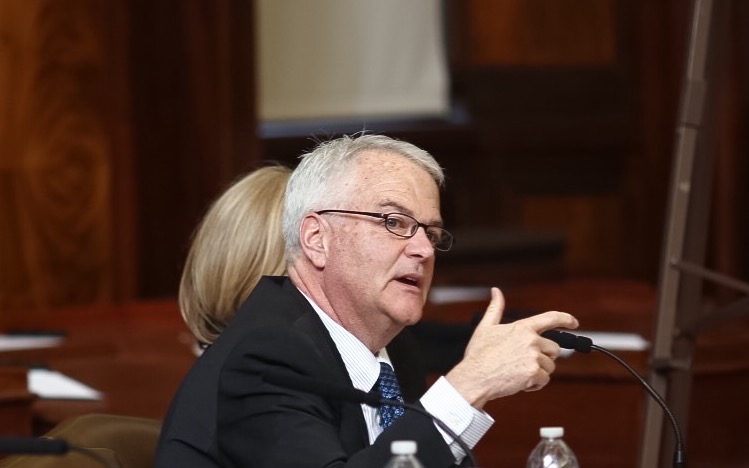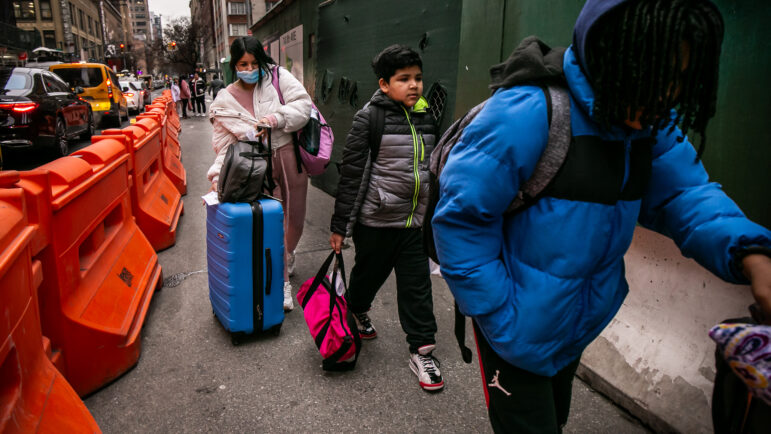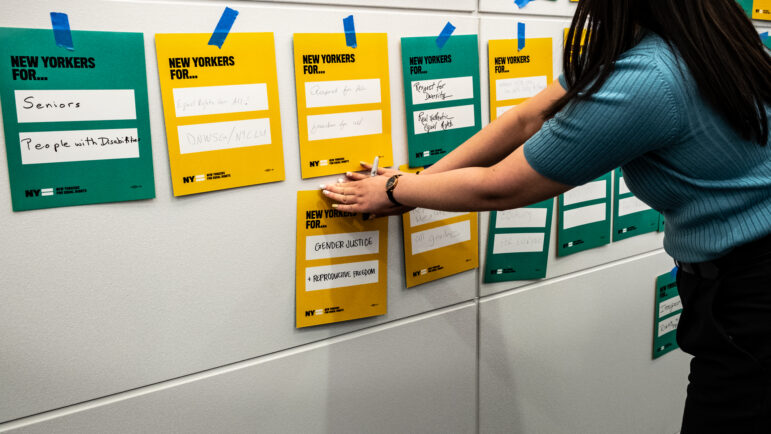
William Alatriste for the NYC Council
Staten Island District Attorney Michael McMahon, along with Special Narcotics Prosecutor Bridget Brennnan, has been sounding an alarm over the impact of bail reform.
A letter was submitted in response to this op-ed. Read it here
* * * *
The fearmongering of district attorneys and law enforcement in response to New York’s pretrial reforms sound eerily familiar. This is exactly how prosecutors and law enforcement responded to the Rockefeller Reforms in 2005 and 2009. They were wrong then, and they’re wrong now.
After New York’s Rockefeller Laws were rolled back, ending harsh mandatory minimum sentencing for low-level drug charges, prosecutors claimed the sky would fall. They made use of coded and slanderous language—like calling people “thugs”—to provoke public fear and reinforce systems of mass incarceration.
Ten years later, the sky has not fallen. According to a 2015 analysis by the Vera Institute, New York has seen significant increases in the number of cases diverted to treatment rather than sent to prison, reductions in racial disparities and fewer rearrests. As of 2015, 1,630 people eligible for resentencing under Rockefeller Reform had been released and allowed to rejoin their families and communities.
Today, with new bail and discovery laws set to go into effect in January, district attorneys and law enforcement are determined to continue the pattern of exacting cruel punishment on accused people. The same lies we heard after the Rockefeller Reforms are being dusted off and trotted out again.
The bail, discovery, and speedy trial reforms passed in this year’s budget are a historic step toward ending mass incarceration and rolling back a regressive pretrial system. Prosecutors have always fought against common sense reforms that put checks on their power to incarcerate and punish at will.
After the Rockefeller Drug Laws were enacted in 1973, the number of people imprisoned for drug charges surged from 11 percent of New York’s total prison population to a whopping 35 percent over the course of two decades. We’ve witnessed a similar crisis over the past twenty years, with pretrial detention—the incarceration of legally innocent people—accounting for 99 percent of jail growth over the past 20 years.
A headline from 2009—after the second round of legislation to reform the Rockefeller laws—reads “Rockefeller reform could backfire if dope fiends are released.” Ten years later, prosecutors continue to peddle the same fear-driven messaging: “Cuomo’s bail reforms giving NY drug cartels a ‘big boost,’ top prosecutor claims.”
Philadelphia, which no longer seeks money bail for low-level charges, has seen no increase in violent crime or recidivism, and court appearance rates have remained the same. Many advocates believe the changes made by District Attorney Krasner will benefit Philadelphia in the long-term, as money bail and pretrial jailing have devastating collateral consequences, including the loss of housing, employment, and custody of children.
Allowing worst-case fears to drive policy is exactly how the crisis of mass incarceration was created. We end up with a system that assumes guilt, denies second chances, and strips people of their basic dignity. An inclusive vision of safety for New York is one that protects the rights and well-being of all people. Historically, law-enforcement and prosecutors have shown little regard for the safety of Black, Brown, and low-income people, who have been targeted en masse by state sanctioned violence and the criminal legal system.
The rhetoric of district attorneys and law enforcement needs to be called out for what it is: scaremongering designed to maintain the status quo. People understand that mass incarceration doesn’t make our communities safer. They know that overhaul is necessary in order to roll back the decades of violence that the system has exacted on Black and Brown communities. The criminal legal system is changing, whether district attorneys like it or not. They can either choose change with it and accept a new vision for justice, or be left behind.
Erin George is the Criminal Justice Campaigns Director for Citizen Action of New York.









One thought on “Opinion: DAs Must Stop Fearmongering About Criminal-Justice Reforms”
The D.A.’s of each local county are faced with the possibility of having to seek alternatives to their numbers in mass incarceration as they no longer have the advantage over defendants. Their fear is based on decades of practice that change the years of oppressive conduct that was at the core of their profits. As an advocate, I recently experience such fears at the Queens County DA’s office in the process of serving a Writ of Habeas Corpus challenging the bail factors as applied in a friends case. As expected, the receptionist along with security officers and an NYPD Gold Shield made all attempts to divert its process, threats of arrest and refusal to accept amongst the many means to keep the legitimacy of such papers reaching the appeals bureau, as directed by the Order to Show Cause. Fearmongering is just one of the many positions the Elected officers are engaged in to deter the progressive reforms they so falsely claim are at the heart of their office.